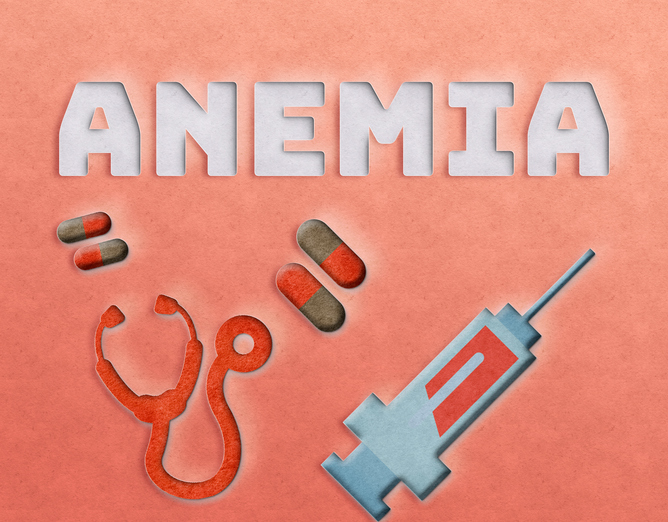A groundbreaking study published in the Indian Journal of Traditional Knowledge (IJTK) has found that a combination of Siddha drugs can significantly reduce anemia in adolescent girls. The research, conducted as part of the PHI-Public Health Initiative, aimed to mainstream the use of Siddha medicine in combating anemia.
The study was carried out by a team of researchers from prominent Siddha institutions across India, including the National Institute of Siddha (NIS), Ministry of Ayush; Xavier Research Foundation, Tamil Nadu; and Velumailu Siddha Medical College & Hospital, Tamil Nadu.
The researchers discovered that a combination of Siddha drugs known as ABMN (Aṉṉapēticentūram, Bāvaṉa kaṭukkāy, Mātuḷai maṇappāku, and Nellikkāy lēkiyam) can improve hemoglobin levels, as well as other blood parameters such as Packed Cell Volume (PCV), Mean Corpuscular Volume (MCV), and Mean Corpuscular Hemoglobin (MCH) in anemic adolescent girls.
The study involved 2,648 girls, with 2,300 completing the standard 45-day program. Before beginning the treatment, participants were dewormed using Cuṇṭaivaṟṟal cūraṇam. The 45-day ABMN treatment was then administered to all participants under observation.
Researchers evaluated clinical features such as breathlessness, fatigue, giddiness, headache, anorexia, and pallor before and after the program. Hemoglobin levels and biochemical estimations were also assessed. Following WHO guidelines, anemia was defined as hemoglobin levels below 11.9 mg/dl, with severe anemia below 8.0 mg/dl, moderate between 8.0 to 10.9 mg/dl, and mild between 11.0 to 11.9 mg/dl.
A subset of 283 girls underwent additional laboratory investigations, including tests for hemoglobin, PCV, MCV, MCH, red blood corpuscles (RBC), platelets, total white blood cell count, neutrophils, lymphocytes, and eosinophils.
The results showed that ABMN treatment significantly reduced clinical symptoms of anemia, including fatigue, hair loss, headache, loss of interest, and menstrual irregularities. Moreover, it notably improved hemoglobin levels and other blood parameters in all anemic participants.
Dr. R. Meenakumari, Director of the National Institute of Siddha and a senior author of the study, emphasized the importance of these findings. She said, “Siddha medicine plays a notable role in Public Health Initiatives of the Ministry of Ayush. The awareness created among adolescent girls, dietary advice and preventive care provided to them and the treatment through Siddha drugs provided therapeutic benefits to the anaemic patients. Hence Siddha drugs for anaemia can contribute to public health by providing cost-effective and accessible treatment in various settings”.














